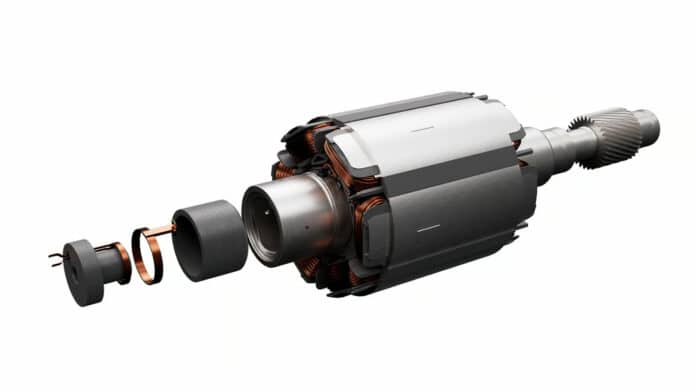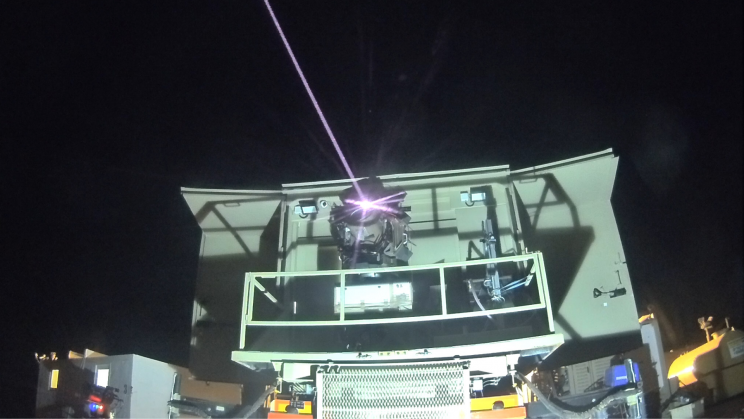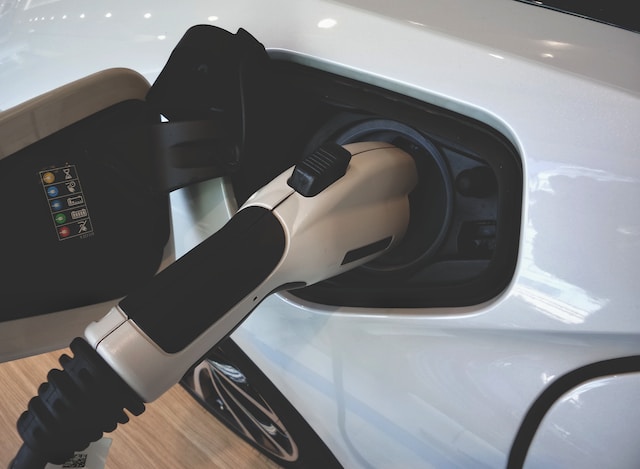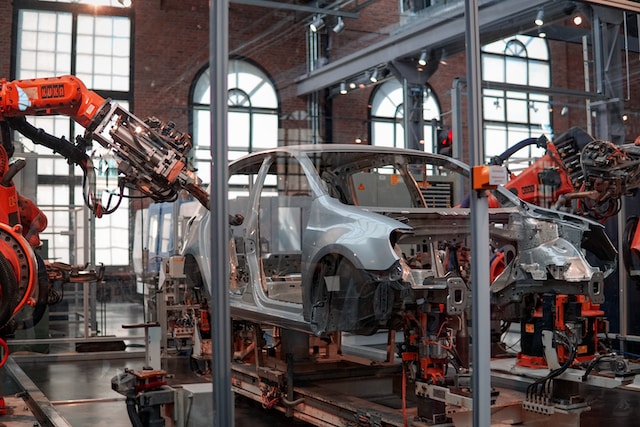Driving Sustainability in EVs
In an effort to advance the transition to electric vehicles (EVs) and enhance their compactness and competitiveness, ZF, a renowned German company specializing in automotive component manufacturing, has introduced an innovative magnet-free motor. This space-efficient innovation not only offers improved efficiency but also aligns with sustainability goals.
A Breakthrough in Motor Design
ZF has achieved this breakthrough by seamlessly integrating its inductive transmitter into the motor’s rotor. This unique design ensures performance comparable to that of permanent-magnet synchronous machines (PSMs).
ZF asserts that the magnet-free design of its I2SM (In-Rotor Inductive-Excited Synchronous Motor) eliminates the need for rare earth materials, making e-motors both eco-friendly to produce and exceptionally powerful and efficient in operation.
While current EVs rely on PSMs with rare earth materials, traditional magnet-free systems add weight and size due to additional components, increasing the risk of wear and tear.
Compact Design, Enhanced Performance
ZF’s compact I2SM design eliminates the need for extra components, seals, and dedicated dry spaces. It delivers energy inductively to the rotor, resulting in a compact motor with high power and torque density, simplifying manufacturing choices.
ZF achieves this compact design by integrating the exciter into the rotor without sacrificing axial space. This enhances power density in the rotor, leading to improved performance.
Commercializing Sustainable EV Solutions
In the future, ZF Group aims to refine and commercialize its I2SM technology for electric vehicles. They’ll provide manufacturers with the option of 800-volt or 400-volt variants. This commitment to magnet-free motors reduces reliance on rare earth materials and promotes environmentally friendly EV manufacturing.







